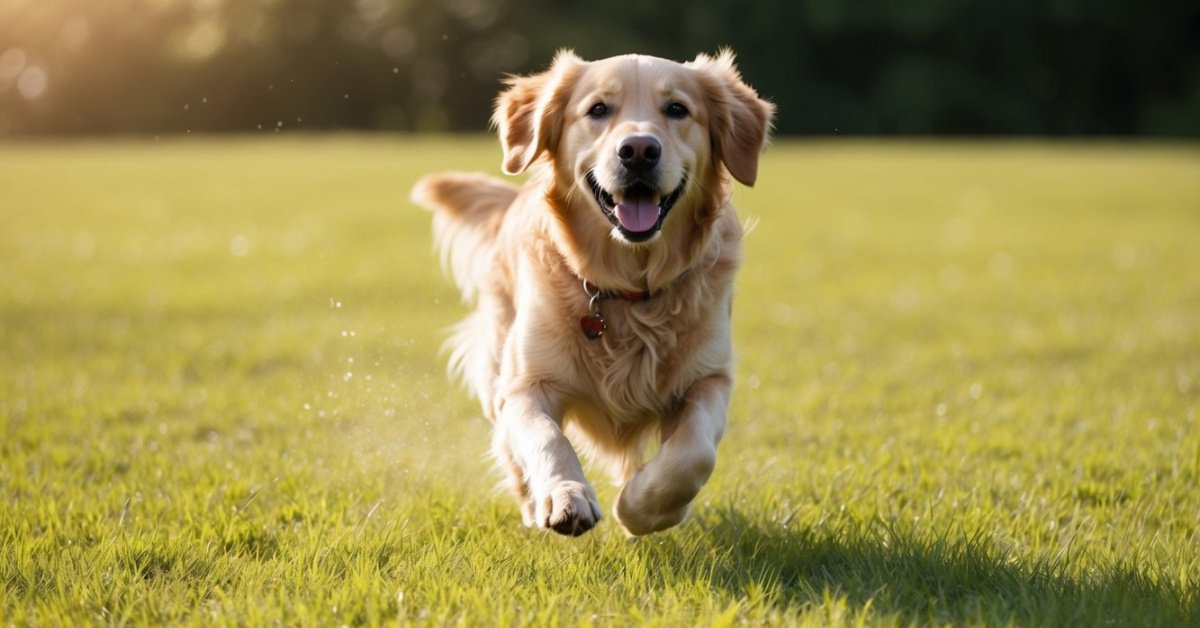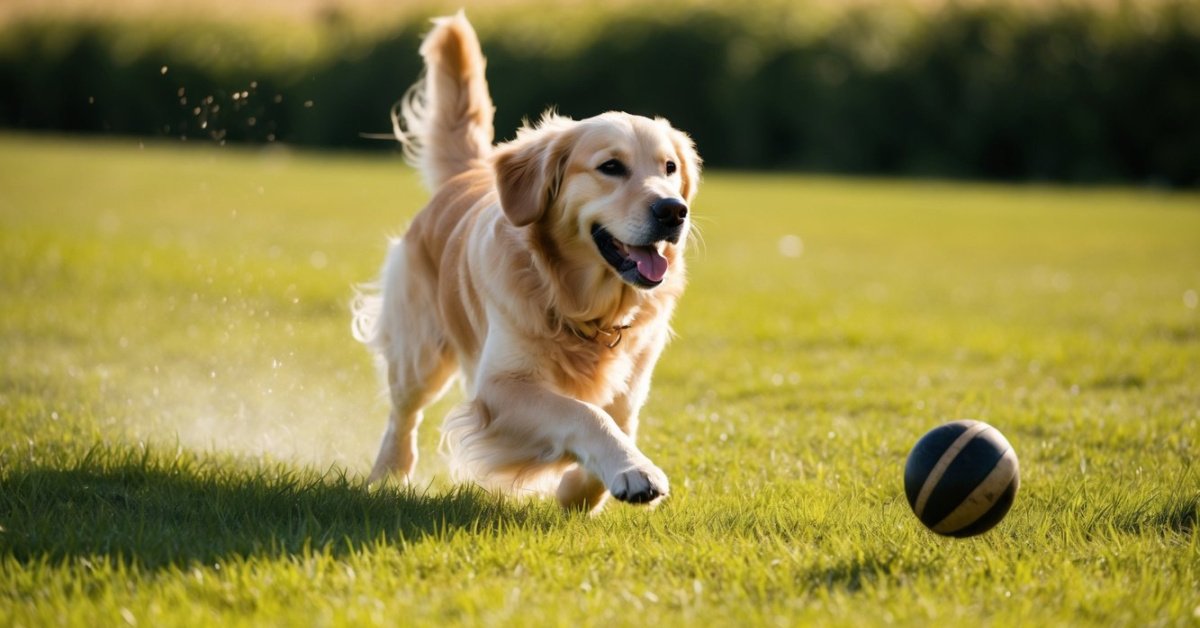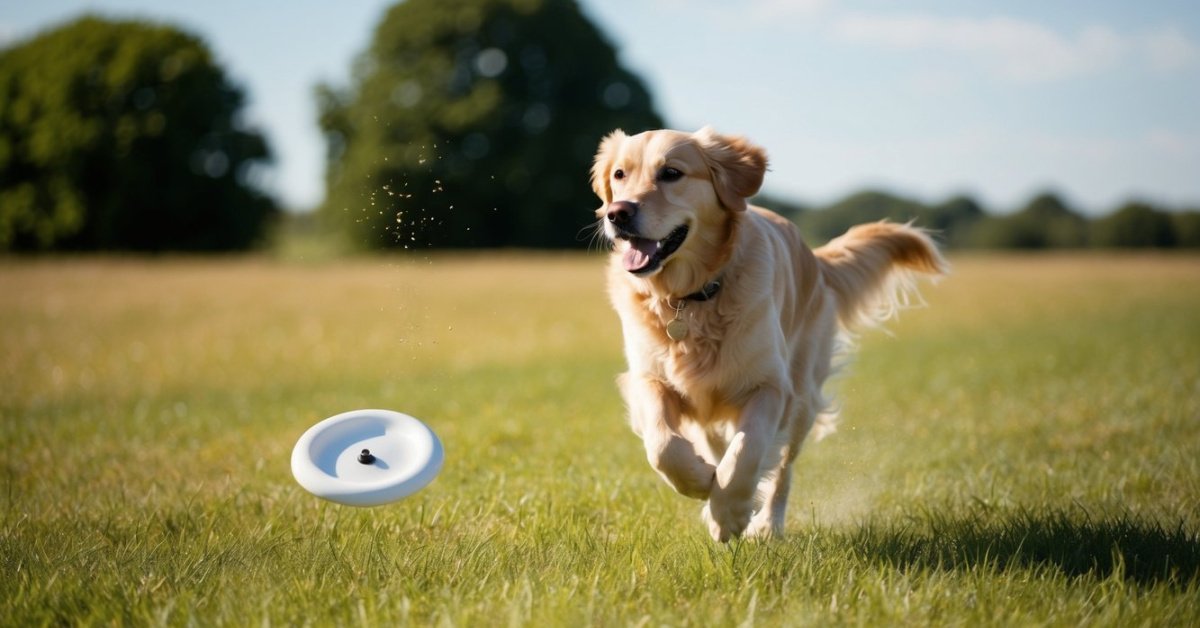Watching my Golden Retriever struggle with an injury is one of the hardest things I’ve faced as a pet owner. Their playful spirit and boundless energy make it tough to see them in pain. But I’ve learned that with the right care and support, recovery is not only possible but can also strengthen the bond we share.
In this journey, I discovered practical tips and heartfelt strategies to help my furry friend heal. From creating a comfortable recovery space to incorporating gentle exercises, every little effort counts. If you’re in a similar situation, let’s explore how we can help our beloved Golden Retrievers bounce back to their joyful selves.
Understanding Golden Retrievers and Their Vulnerabilities
Golden Retrievers often face specific vulnerabilities due to their physical and emotional characteristics. Their friendly nature and high energy levels lead to a tendency for playful activities, which can result in injuries. Common injuries in Golden Retrievers include ligament tears, hip dysplasia, and fractures, particularly in active dogs.
Golden Retrievers are also prone to certain health issues. Hip and elbow dysplasia affects many, causing joint pain and mobility problems. Other health concerns include arthritis, sometimes appearing as they age, and skin issues like allergies due to their thick fur.
Understanding these vulnerabilities is crucial for providing timely assistance. Recognizing signs of discomfort or abnormal behavior plays a significant role in preventing further injury or complications. Implementing preventive measures, such as regular vet check-ups and maintaining a healthy weight, keeps them strong and minimizes injury risks. Engaging in low-impact activities protects their joints while allowing them to enjoy exercise.
Common Injuries in Golden Retrievers
Golden Retrievers are prone to specific injuries due to their active nature and strong build. Understanding these common injuries can help in early detection and treatment.
Types of Injuries
- Ligament Tears: Cruciate ligament tears are prevalent, especially in active dogs. Dogs may show signs of limping or favoring a leg.
- Hip Dysplasia: This genetic condition affects hip joints. Symptoms include difficulty rising or reluctance to engage in play.
- Fractures: Fractures commonly occur from falls or rough play. Look for sudden lameness or inability to bear weight on an affected limb.
- Tendon Injuries: Tendon strains may arise from excessive running or jumping. Watch for swelling and pain during movement.
- Arthritis: As Golden Retrievers age, arthritis may develop. Signs include stiffness, especially after rest, and reduced activity levels.
- Skin Issues: Allergies and hot spots are common due to their sensitive skin. Frequent scratching or licking may indicate discomfort.
Symptoms to Watch For
- Limping: Any noticeable limping needs immediate attention, as it often signals underlying injury.
- Swelling: Swelling around joints or limbs can indicate serious issues.
- Behavior Changes: If your dog suddenly becomes less active or shows reluctance to play, suspect pain.
- Vocalization: Whining or yelping during movement may suggest discomfort.
- Loss of Appetite: A decrease in interest in food can be a sign of pain or illness.
Recognizing these injuries and symptoms early can facilitate timely veterinary intervention, helping your Golden Retriever recover effectively.
Steps for Assisting Recovery
I focus on taking practical steps to help my Golden Retriever recover effectively after an injury. These steps ensure comfort and promote healing during this challenging time.
Initial Care and First Aid
I assess the injury carefully right after it happens. I check for visible swelling, limping, or hesitation to move. If I notice any bleeding, I apply gentle pressure with a clean cloth to stop it. I keep my pup calm and restrict movement to prevent further harm. I also ensure my dog stays warm and comfortable while awaiting vet assistance. Applying a cold compress can help reduce swelling, but I avoid direct contact with the skin to prevent cold burns.
Veterinary Consultation
I always schedule a veterinary consultation for a thorough examination following an injury. The vet provides a definitive diagnosis and outlines a treatment plan. I share all observations about my dog’s behavior, symptoms, and any changes noticed since the injury. I follow the vet’s instructions carefully, whether that includes medications, physical therapy, or follow-up appointments. Regular vet visits remain essential for monitoring recovery and adjusting treatment as necessary.
Rehabilitation Techniques
Rehabilitation is essential for aiding a Golden Retriever’s recovery from injury. Various methods can enhance their healing process and overall well-being. Below are detailed techniques to facilitate recovery.
Physical Therapy Options
- Range of Motion Exercises: Incorporate gentle stretching to improve flexibility and prevent stiffness. Gradually move the affected limb through its natural range.
- Water Therapy: Utilize swim sessions in a controlled environment to reduce pressure on joints while encouraging movement. Water buoyancy helps strengthen muscles effectively.
- Laser Therapy: Consider using low-level laser therapy to promote healing. This non-invasive treatment can reduce inflammation and accelerate tissue regeneration.
- Massage Therapy: Use gentle massage techniques to stimulate blood flow and alleviate tension in muscles surrounding the injury. Regular sessions might enhance comfort and mobility.
- Acupuncture: Explore acupuncture as a complementary therapy. It may provide pain relief and increase circulation, contributing to a better recovery experience.
Home Care Strategies
- Comfortable Recovery Area: Create a calm and safe space with soft bedding and limited distractions to facilitate rest. A designated area helps your retriever feel secure during recovery.
- Monitor Activity Levels: Limit rigorous activities, including jumping or running. Enforce leash walks and controlled playtime to prevent reinjuries while still providing mental stimulation.
- Nutrition Management: Focus on a balanced diet rich in nutrients that support healing. Consult with a veterinarian for specific dietary recommendations during recovery.
- Hydration: Ensure your Golden Retriever stays hydrated, as proper water intake aids in recovery. Congruously encourage water consumption throughout the day.
- Pain Management: Follow vet-prescribed pain medications to manage any discomfort. Accurately administer all medications as directed to optimize recovery efforts.
Maintaining Positive Mental Health
Supporting a Golden Retriever’s mental health during recovery is as crucial as addressing physical injuries. Engaging with them in positive ways nurtures their emotional well-being, helping them heal faster.
Importance of Social Interaction
Encouraging social interaction plays an essential role in maintaining my Golden Retriever’s mental health. I involve them in gentle, supervised playdates with familiar dogs, which can uplift their spirits. Visits from family and friends also provide comfort. When they receive love and attention from people they trust, their mood improves significantly. Maintaining routine interactions, whether it’s a calm walk or sitting together, helps my Golden Retriever feel supported and loved during this challenging time.
The Role of Mental Stimulation
Utilizing mental stimulation activities aids in keeping my Golden Retriever engaged and reduces feelings of boredom or anxiety. I incorporate puzzle toys, treat-dispensing devices, and interactive games to spark their interest. Short, gentle training sessions focusing on basic commands or fun tricks also provide mental exercise. These activities not only fulfill their need for engagement but also strengthen our bond. By focusing on enriching tasks, I help my Golden Retriever navigate this recovery period with joy and enthusiasm.

Conclusion
« The Ultimate Golden Retriever Annual Health Checkup Guide for Happy, Healthy Dogs
Effective Pain Management for Golden Retrievers: Tips for a Happy, Healthy Life »
Helping my Golden Retriever recover from an injury can be a challenging journey but it’s also incredibly rewarding. By providing the right care support and love I can make a real difference in their healing process. Watching them regain their strength and spirit is what makes all the effort worthwhile.
I’ve learned that patience is key and that every small step counts. Whether it’s creating a cozy recovery space or engaging in gentle play I know I’m doing my best to help them bounce back. With the right approach and plenty of love my furry friend will be back to their playful self before I know it.











